
Death in the Family: A Look Back at Resident Evil 7 - Article
by Evan Norris , posted on 06 May 2021 / 3,244 ViewsWith Resident Evil Village out imminently, it seems like an ideal time to revisit its immediate predecessor, Resident Evil 7: Biohazard, a game that steered the franchise back to its roots. After replaying the game this past week, I can say with confidence it remains one of my favorites in the long-running series, due to its scary and disturbing atmosphere, challenging boss battles, twisting narrative, breathless action, and old-school survival-horror gameplay. It's certainly not perfect — there isn't much enemy variety and the final boss is a letdown — but overall it's a great game worthy of the name Resident Evil.
When I first sat down to play Resident Evil 7 back in 2017 I must admit I was a little wary. I had played and assessed the exclusive demo, and while I enjoyed the thoroughly creepy vibe and immersive first-person perspective I worried the game represented an "overcorrection" toward horror. I certainly didn't want another Resident Evil 6 — in my mind still the weakest mainline series entry — but neither did I want a "hide-and-seek" first-person game in the style of Outlast. As I wrote in my preview, "there's a fertile middle ground between third-person shooter and first-person horror that still needs to be explored."
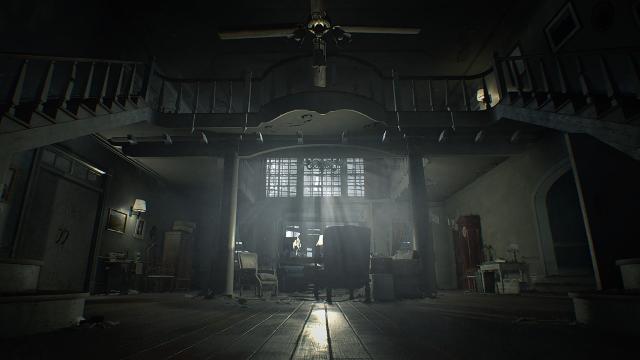
Luckily game director Koshi Nakanishi felt the same way; Resident Evil 7, after an opening hour that's heavy on stealth, opens up into a true action-adventure experience that's closest in spirit to the very first Resident Evil from 1996. Nakanishi and company accomplished this through a number of decisions. First, they limited the game to a single, memorable location: the Baker family estate and its surrounding areas. The premises in Resident Evil 7 aren't simply a disposable backdrop for a scary encounter or boss battle; they feel like a living, breathing component of the game, as real and as deadly as the Bakers themselves. As you explore the houses, barns, secret rooms, and pathways of the game, and then retrace your steps to unlock doors, solve puzzles, and retrieve hidden items, the dilapidated, molded, blood-stained surroundings will start to creep under your skin.
Second, and more importantly, Capcom really leaned into survival-horror, in a way it hadn't in a generation. Despite the game's unusual perspective and western horror themes (more on those later), Resident Evil 7 feels like an old-school entry because it embraces what defined the franchise in its early days on PlayStation and Dreamcast: ammunition and medicine in short supply, a pervasive sense of dread, and high-stakes encounters with deadly enemies. This is slow-burn horror at its best, where every bullet is valuable and every run-in with a monster could be your last.
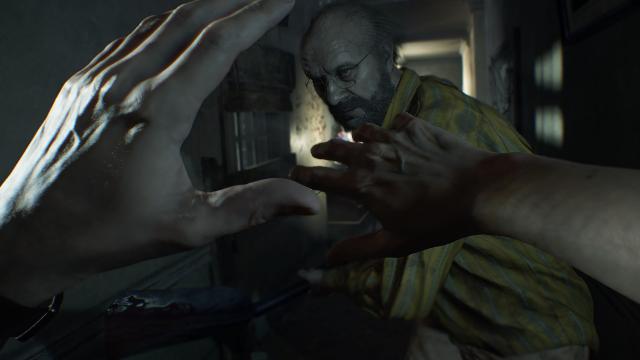
Resident Evil 7 is more than just the Second Coming of the premier game, though. Thanks to some flourishes all its own, it carves out a unique niche in the ever-expanding RE universe. The first and most obvious is the first-person perspective, which, love it or hate it, certainly brings you closer to the dangers and horrors of Dulvey, Louisiana. I really enjoy the new perspective — especially the convincing way your gun remains slightly out-of-focus — and the tense, claustrophobic combat opportunities it provides.
The second is the title's setting — the Louisiana bayou — and its reliance on western horror tropes. The game takes elements from many horror movies, including The Texas Chainsaw Massacre, Evil Dead, The Blair Witch Project, and Saw. Tonally and thematically, it just makes for a different, fresh experience.
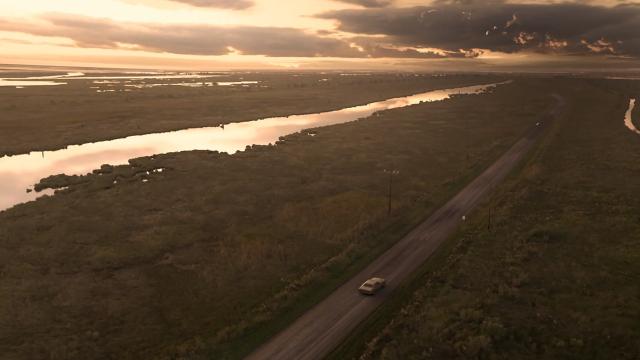
There are several other, smaller things, like the aforementioned hide-and-seek segments — the most harrowing part of the game, but also the least interesting mechanically — and several playable VHS tape interludes, which represent an ingenious way to fill in narrative gaps while simultaneously providing different gameplay experiences.
Four years later, Resident Evil 7 holds up. It's as stressful, unnerving, challenging, and rewarding as it was when it launched in 2017. By returning to the franchise's survival-horror roots, and spicing things up with a new perspective and elements borrowed from games like Outlast and movies like Evil Dead, it manages to feel both reassuringly old and refreshingly new. Here's hoping Resident Evil Village will only improve on this rock-solid foundation.
More Articles
RE7 was a huge step up from 5 and 6. The environment was great and genuinely creepy (even if it relies a bit too much on tropes) and at the beginning it's probably about as scary as a videogame can be. The only problem is I feel like it ramps down more than it ramps up.
This is a problem with pretty much every game that strives for horror. The general idea of a videogame is that by the end you become more skilled and powerful. If you don't feel like you're better at the end than you were at the beginning, it's unsatisfying. But, in the context of a horror game, it's hard to make the player feel like they're getting better and stronger while also making them feel overwhelmed as a horror game should. By the end of the game, I was strutting around the Bayou with a little too much confidence.
This game took some bold steps for the franchise and most of them paid off in my book. Playing it for the first time now and pretty impressed with it.
I've been playing the Resident Evil series since the first installment, hell I even had the long boxed copy of the original on the PS1. I say this without hesitation, Resident Evil 7 was a pleasant surprise and a return to what made me fall in love with the series. I'm eager to get my copy of Resident Evil Village in the mail already to see how it stacks up against Resident Evil 7.








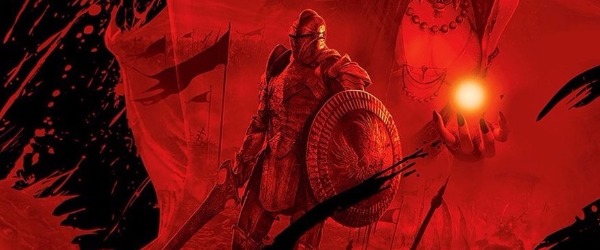
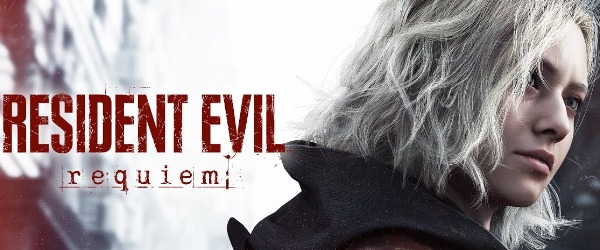
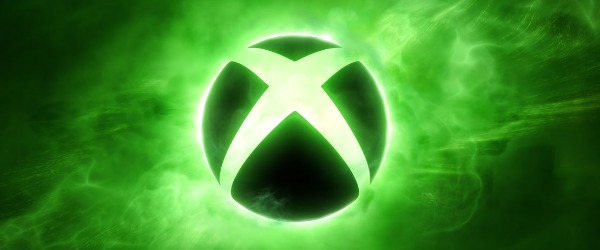
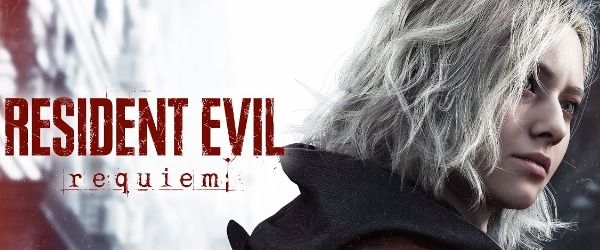










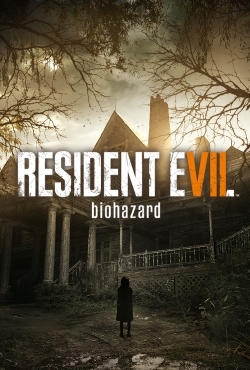

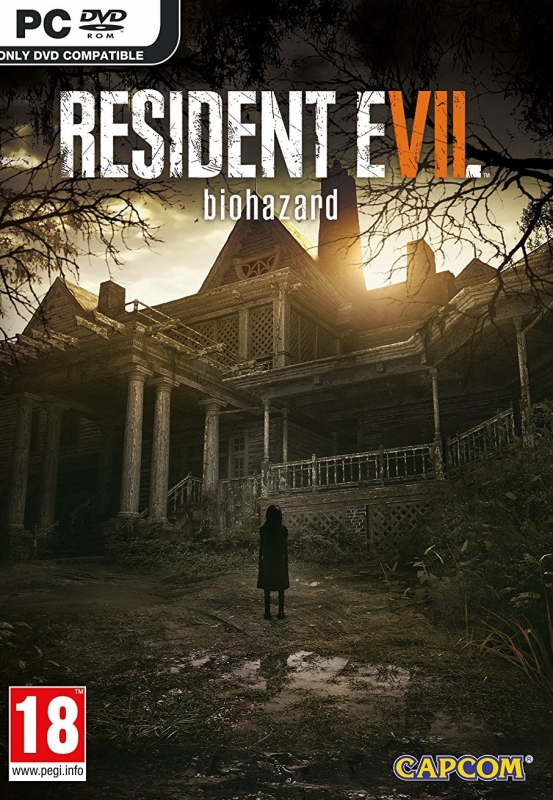

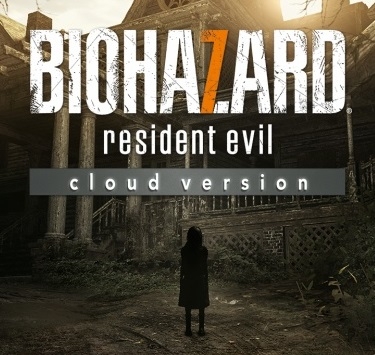

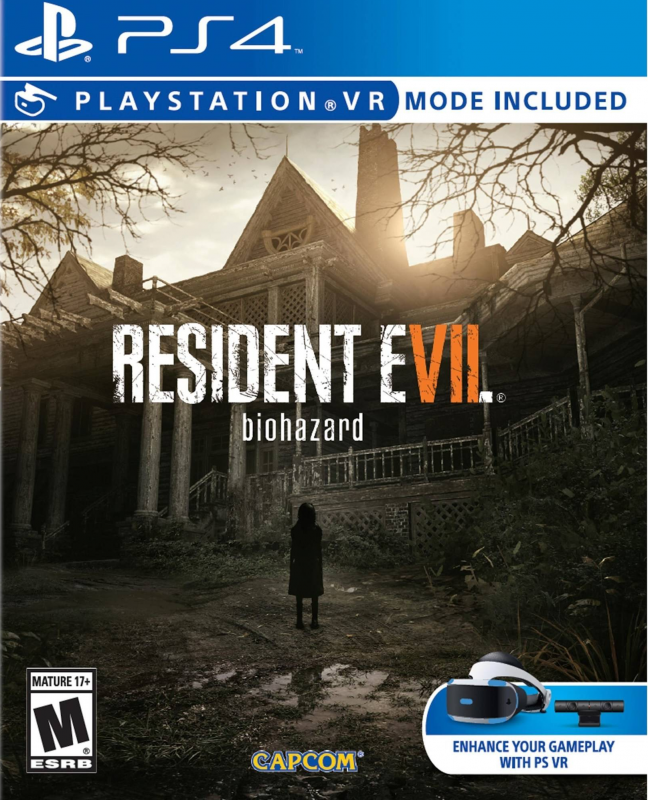

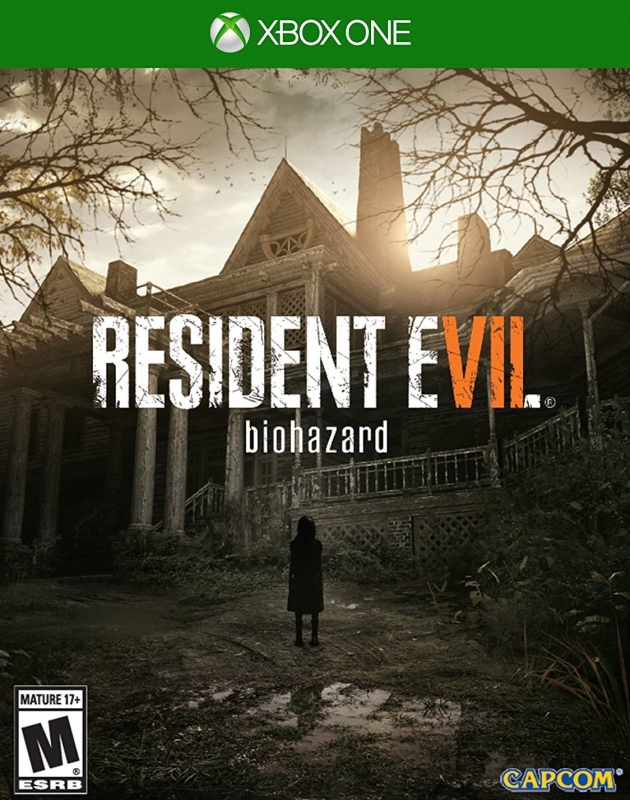

 Essay Pro
Essay Pro